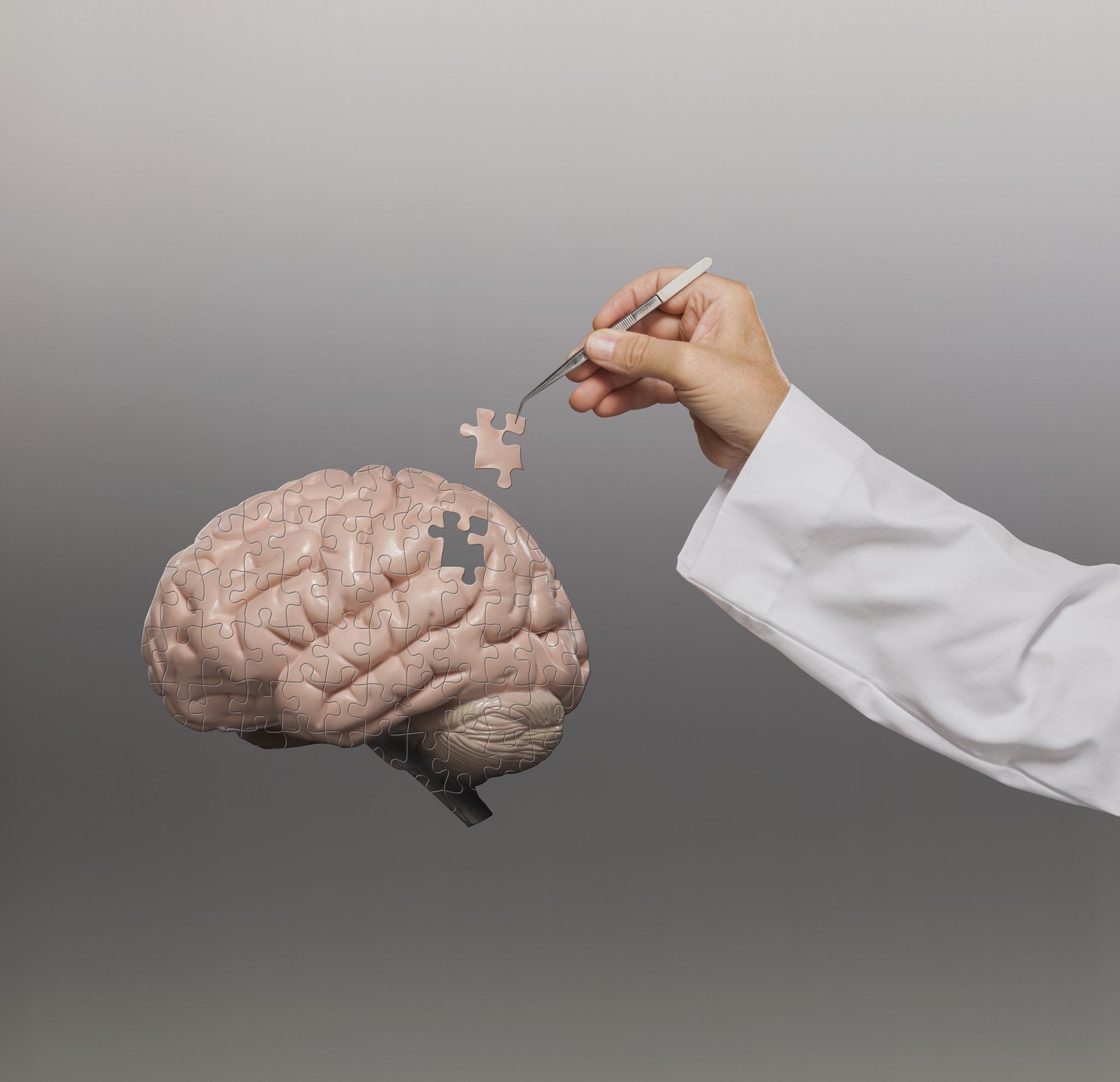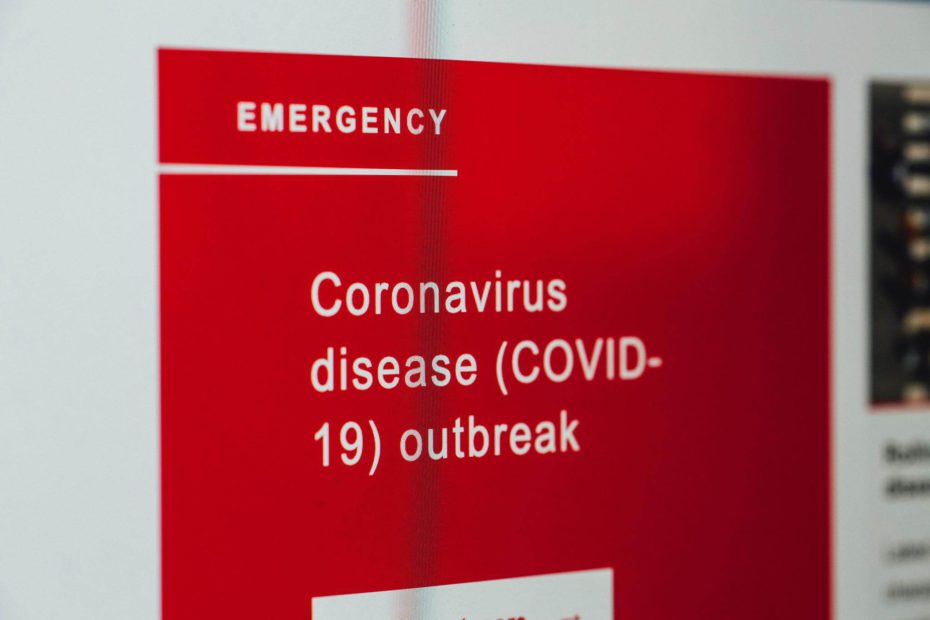Despite all of the advancements in medicine, technology, and treatment, the human brain still remains largely a mystery.
That is perhaps why mental illnesses are so difficult for people to understand. The symptoms don’t present the same way as physical diseases, and there’s not always a clear protocol for treatment. There are no blood tests, and no biological markers to diagnose a mental illness, such as depression, anxiety, or schizophrenia. That means medical professionals are entirely reliant on symptom descriptions for diagnosis.
It also makes mental illness something difficult for society to accept as a critical component of overall health, although one in four people suffer from a mental health condition.





